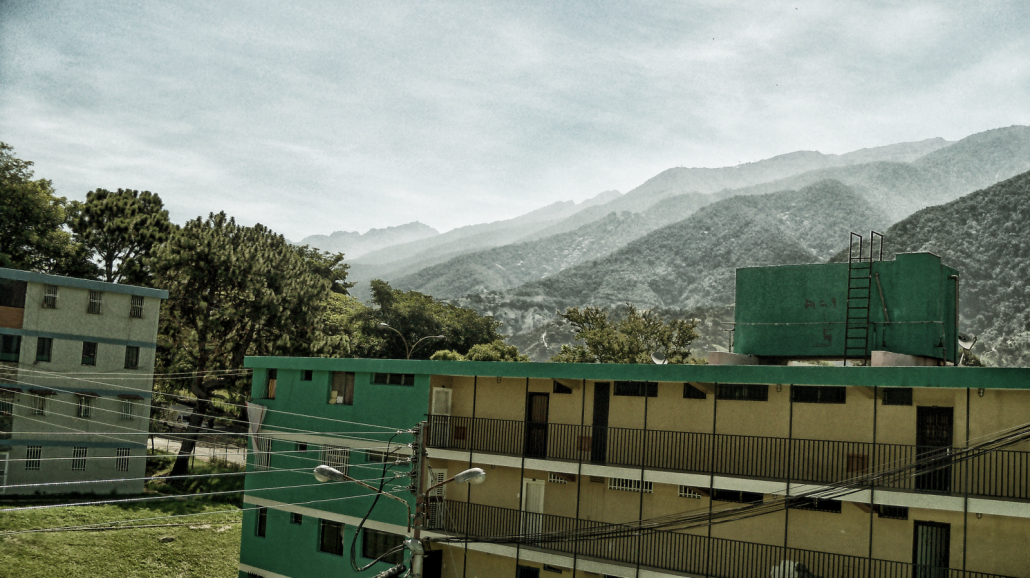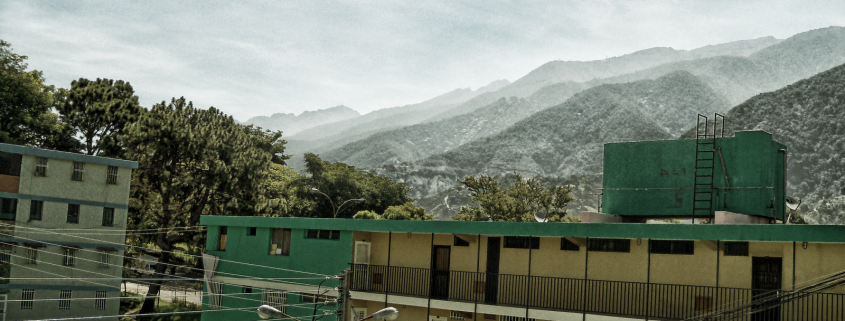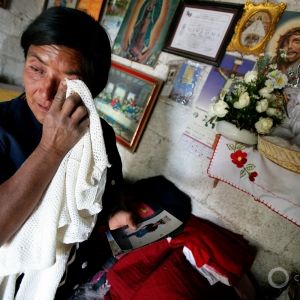HotSpots H2O: Flash Floods and Landslides Devastate Western Venezuela
Torrential rain fell relentlessly this past week in western Venezuela.

Merida, Venezuela © Brajhan Rivas / Flickr Creative Commons
- At least 20 people are dead and thousands others are displaced in western Venezuela following a week of flash floods and landslides.
- With seven days of rain still forecast in Merida, the current crisis is both physically and emotionally taxing for residents dealing with loss and recovery.
By Christian Thorsberg, Circle of Blue
Torrential rain fell relentlessly this past week in western Venezuela, producing floods that destroyed over 1,200 buildings and displaced thousands of people. As of Sunday, dozens of residents are still missing, and at least 20 have died. A state of emergency was declared in nine western and northwestern provinces, and more than 55,000 residents remain without electricity.
Images shared on social media show desperate scenes in towns and cities. Boulders swept into streets, cars sitting half-buried in caking mud, mudslide debris filling businesses, and floodwaters ruining homes. Streams of sewage, rain, and overflowing creeks still trickle through massive piles of rubble. Some roads and highways have been shut down, forcing navy boats to evacuate families via the coasts. Helicopters, in many cases, are required to deliver humanitarian aid.
“The situation is critical,” Francisco Ayala, a relief coordinator of the CRV Caracas Branch, told IFRC.
Much of the rain fell in Merida, the highest-elevation city in Venezuela, where the surrounding Andes Mountains amplified the flow rate and pooling of excess water.
The overflowing Chama and Albarregas rivers, which flow through Merida, have resurfaced painful communal memories. In 2005, close to 500 people died and hundreds were injured in this region, the Mocoties Valley, after similar destruction caused by landslides and these same overflowing rivers.
News of flooding in Venezuela carries particular gravity after what happened in La Guaira, a state 500 miles to Merida’s northeast. In 1999, close to 10,000 people died there when landslides buried coastal neighborhoods with three meters of water and mud, and floods swept homes into the ocean.
“The psychological impact of the 1999 tragedy is still very vivid within the Venezuelan people,” Ayala said. “Seeing the heavy rains, the rivers bursting their banks, the roads being cut off, has distressed people, especially those that were in the affected area due to the carnival holiday.”
With seven days of rain still forecast in Merida, the current crisis is both physically and emotionally taxing for residents dealing with loss and recovery.
Christian Thorsberg is an environmental writer from Chicago. He is passionate about climate and cultural phenomena that often appear slow or invisible, and he examines these themes in his journalism, poetry, and fiction.







Leave a Reply
Want to join the discussion?Feel free to contribute!